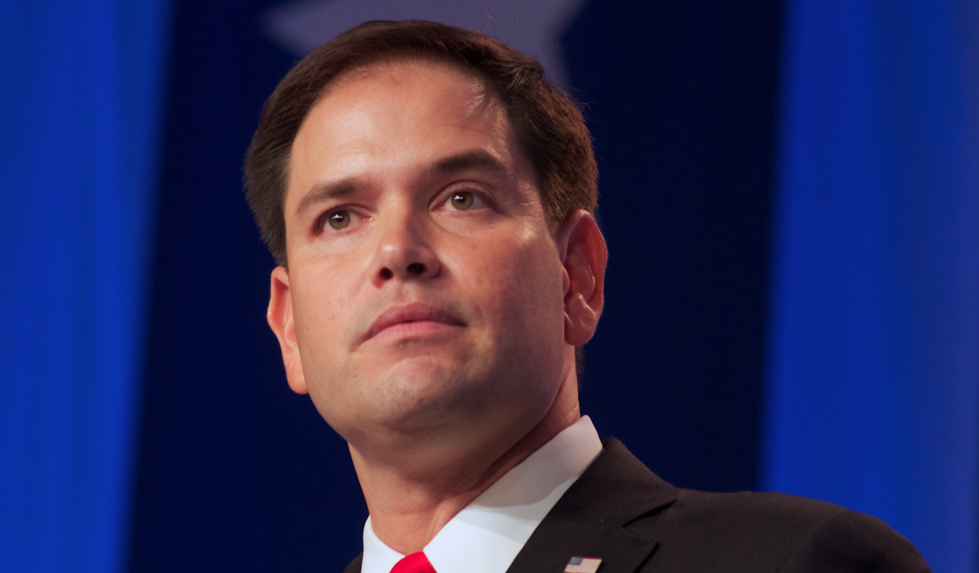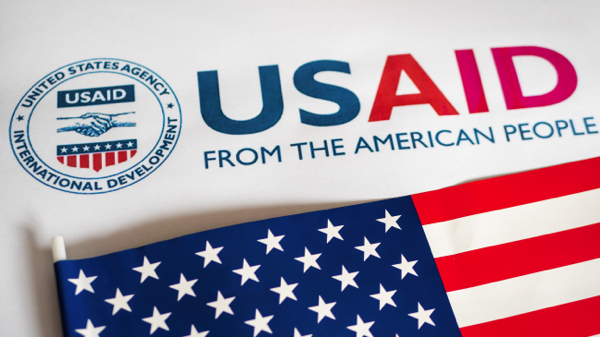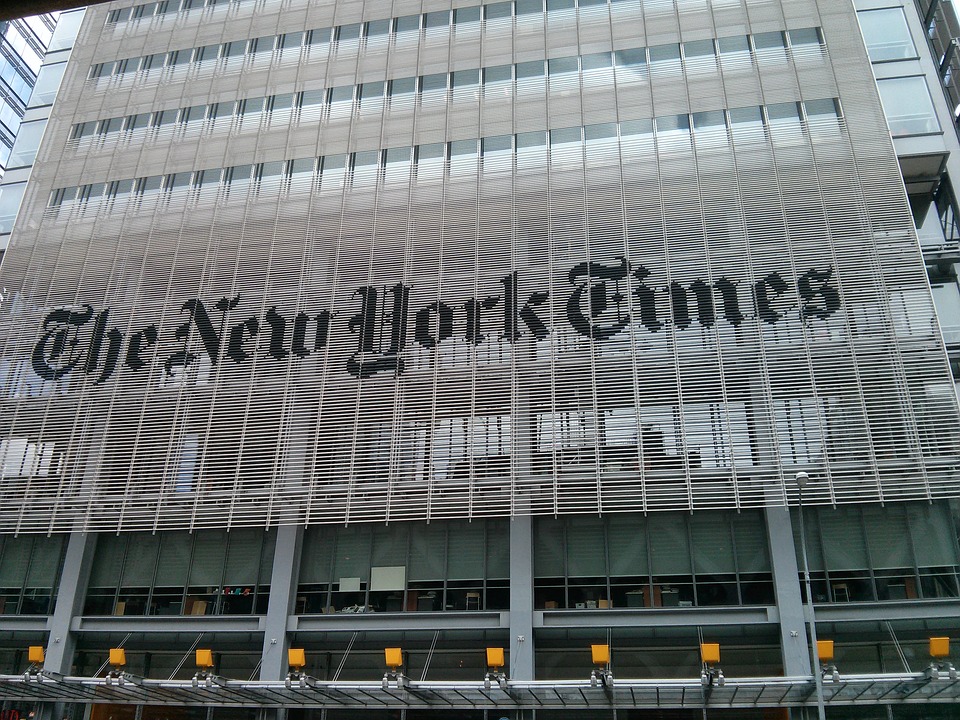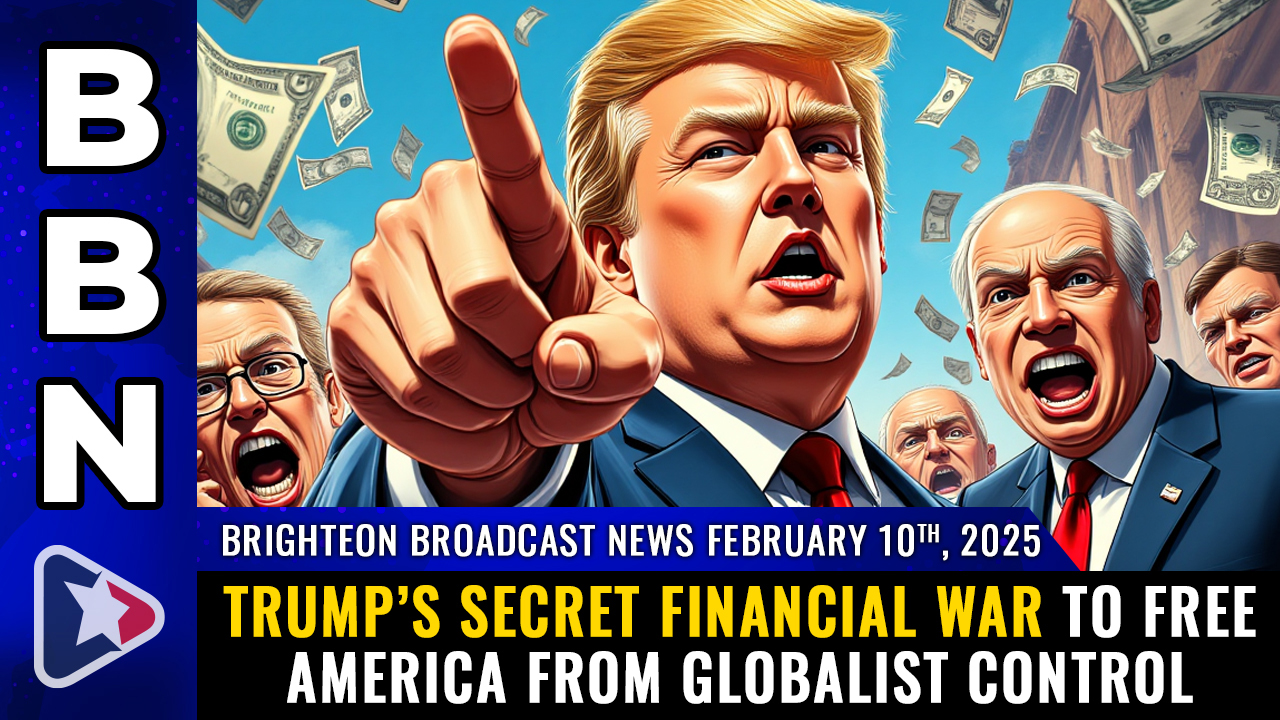 Parler
Parler Gab
Gab
- Panama ends a key development deal with China, reversing its stance on the Belt and Road Initiative after pressure from the U.S.
- U.S. Secretary of State Marco Rubio and President Trump warned that China's influence over the Panama Canal threatened U.S. national security.
- President Mulino emphasized Panama’s sovereignty over the canal but will review agreements with Chinese businesses, including port operations.
- Panama will expand a memorandum with the U.S. Department of Homeland Security to manage migration from the Darien Gap.
- The decision marks a shift toward closer U.S.-Panama relations and signals a broader trend in Latin America to align with U.S. interests against Chinese influence.
Trump’s rapid diplomatic success
The Trump administration’s rapid success in Panama is a testament to the president’s ability to secure significant geopolitical wins in a short period. Since taking office, Trump has already achieved several notable accomplishments, including a 94% reduction in border crossings after declaring a national emergency and sending U.S. troops to the southern border. He has also freed six hostages from Venezuela, halted foreign aid to Ukraine, and imposed tariffs on China, Canada, and Mexico for failing to address illegal immigration and fentanyl trafficking. In the context of the Panama Canal, Trump’s strategy has been clear: he is willing to use all available leverage to protect American interests. During the Senate hearing on the issue, U.S. officials warned that fines and restrictions on Panamanian-flag vessels entering U.S. ports could be imposed if Panama did not address the canal dispute. Trump’s refusal to rule out military action, while not immediately necessary, underscored the seriousness of his demands.Panama’s reversal and new U.S. ties
President Mulino’s announcement that Panama will not renew the memorandum of understanding with China’s Belt and Road Initiative is a significant step. The deal, signed in 2017, had been a cornerstone of Panama’s economic strategy, aimed at attracting Chinese investment and development. However, U.S. concerns over China’s growing influence in the region, particularly around the canal, have now led Panama to reconsider its approach. During his meeting with Rubio, Mulino emphasized that Panama’s sovereignty over the canal remains intact. However, he acknowledged that the country would review its agreements with Chinese businesses, including the 25-year concession granted to Hong Kong-based CK Hutchison Holdings for the operation of ports at both entrances of the canal. This concession, which was renewed in 2021, has been a focal point of U.S. criticism. "We are going to study the possibility of whether it can be finished earlier or not," Mulino said, adding that the agreement is due for renewal in one or two years. The president also announced that Panama would expand a memorandum of understanding with the U.S. Department of Homeland Security to facilitate the return of migrants from the Darien Gap, a move that aligns with Trump’s efforts to curb illegal immigration.A new chapter in U.S.-Panama relations
The meeting between Rubio and Mulino was described as "respectful and cordial," despite the high stakes. Rubio, a longtime critic of China’s influence in Latin America, emphasized the need for immediate action to address U.S. concerns. The visit also reflects a broader U.S. strategy to reassert its influence in the Western Hemisphere and counter China’s growing economic and political presence. Rubio’s tour of Central America and the Caribbean is part of this effort, aimed at strengthening ties with regional partners and addressing issues such as migration and security. Panama’s decision to end its deal with China could have far-reaching implications. It signals a willingness among Latin American countries to align more closely with U.S. interests, especially in the face of growing Chinese influence. For Trump, this marks another significant victory in his efforts to reshape the global order and protect American sovereignty. The rapid success of the Trump administration in Panama is a clear demonstration of the president’s ability to get things done and his unwavering commitment to American interests. As the administration continues to tackle complex global challenges, it is clear that Trump’s approach is not only effective but also resonating with leaders around the world. Sources for this article include: ZeroHedge.com FoxNews.com APNews.comTrump, Rubio slam USAID over corruption, censorship, and waste
By Cassie B. // Share
Trump’s bold move: Streamlining NOAA sparks debate over efficiency vs. public safety
By Willow Tohi // Share
Government funding scandal rocks media: “Absolutely shocking” revelations unveiled
By Willow Tohi // Share
Elon Musk and DOGE uncover massive fraud in USAID, sparking calls for government transparency
By Finn Heartley // Share
Governments continue to obscure COVID-19 vaccine data amid rising concerns over excess deaths
By patricklewis // Share
Tech giant Microsoft backs EXTINCTION with its support of carbon capture programs
By ramontomeydw // Share
Germany to resume arms exports to Israel despite repeated ceasefire violations
By isabelle // Share










